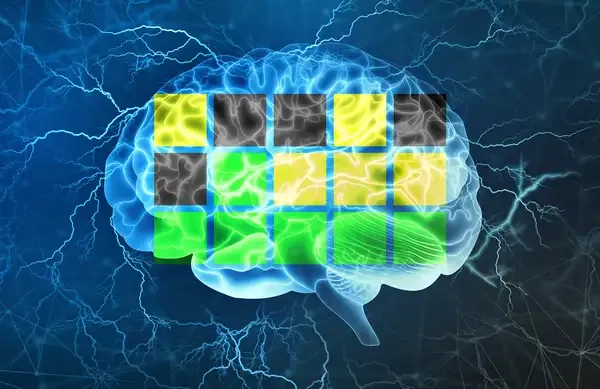The Wordle craze: Why do we love puzzles, and are they good for our brains?
The Wordle craze highlights our fascination with puzzles, offering a daily challenge that stimulates the brain and fosters a sense of community through shared experiences. Engaging in these mental exercises can improve cognitive functions and enhance problem-solving skills. Meanwhile, the exploration of famous city nicknames reveals intriguing historical and cultural insights, illustrating how urban identities evolve over time. Each nickname carries its own story, reflecting unique characteristics that resonate with locals and visitors alike, enriching the tapestry of urban life.

The Wordle craze has taken the world by storm, captivating players with its simple yet addictive gameplay. This online word puzzle game invites players to guess a five-letter word in six attempts, combining strategy and vocabulary skills. As the popularity of Wordle and similar puzzles continues to grow, many are left pondering: Why do we love puzzles, and are they actually good for our brains?
The Psychological Appeal of Puzzles
Puzzles have been a part of human culture for centuries, appealing to our innate curiosity and desire for challenge. The allure of puzzles like Wordle can be attributed to several psychological factors:
- Challenge and Achievement: Successfully solving a puzzle provides a sense of accomplishment and boosts self-esteem. Each correct guess in Wordle not only brings players closer to the solution but also reinforces their cognitive abilities.
- Social Connection: Many Wordle enthusiasts share their results with friends and family, fostering a sense of community. This social aspect can enhance the overall experience, making the puzzle-solving journey even more enjoyable.
- Routine and Habit: Daily puzzles create a routine for many players. Engaging in Wordle every day can become a delightful ritual, offering a moment of mental exercise amidst busy schedules.
Are Puzzles Good for Our Brains?
Numerous studies suggest that engaging in puzzles and brain games can have positive effects on cognitive functions. Here are some potential benefits:
| Benefit | Description |
|---|---|
| Enhanced Problem-Solving Skills | Puzzles require critical thinking and strategy, helping to develop analytical skills that are useful in everyday situations. |
| Improved Memory | Regular engagement in puzzles can strengthen memory and recall abilities, as players must remember previous guesses and word patterns. |
| Increased Focus and Concentration | Solving puzzles demands attention and concentration, skills that can transfer to other tasks in daily life. |
| Stress Relief | Puzzles can serve as a form of escapism, providing a mental break and reducing stress levels through focused engagement. |
The Science Behind Puzzle Solving
Research in cognitive psychology and neuroscience supports the idea that puzzles can be beneficial for brain health. Engaging in mentally stimulating activities, such as Wordle or crosswords, has been linked to:
- Neuroplasticity: The brain's ability to reorganize itself by forming new connections helps in maintaining mental agility as we age.
- Cognitive Reserve: Activities that challenge the brain can build cognitive reserve, potentially delaying the onset of dementia and other cognitive decline.
The Social Aspect of Puzzles
The rise of online puzzles like Wordle has also emphasized the importance of social engagement. Players often share their scores and strategies, creating a communal experience. This social interaction can enhance the enjoyment of puzzle-solving and lead to:
- Friendly Competition: Players may challenge friends to see who can solve the puzzle fastest, adding an element of fun and rivalry.
- Shared Strategies: Discussing different approaches to solving puzzles can foster collaboration and creativity.
Final Thoughts on the Wordle Craze
As the Wordle phenomenon continues to grow, it serves as a reminder of our innate love for puzzles. The combination of challenge, social interaction, and cognitive benefits makes puzzles an engaging and enriching pastime. They not only entertain but also contribute positively to our brain health and social connections. Whether you're a seasoned Wordle player or just starting, embracing this puzzle craze can be a delightful way to engage your mind and connect with others.
In conclusion, the Wordle craze exemplifies how a simple puzzle can have profound effects on our cognitive abilities and social lives. As we continue to explore the world of puzzles, it’s clear that these brain-teasing games are not only enjoyable but also beneficial for our mental well-being.












